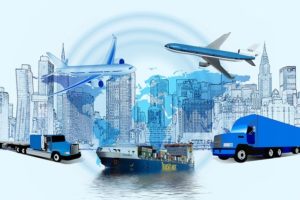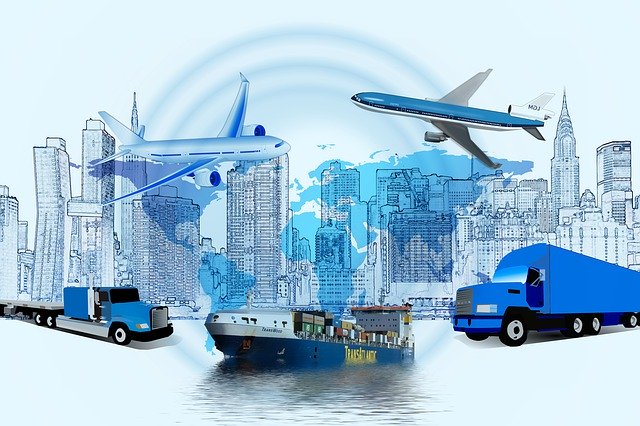
Logistics industry stakeholders expect the economy to start recovering from the coronavirus (COVID-19) pandemic in the first half of 2021, according to a survey among participants to a recent webinar on “Navigating Labor Rules Under the New Normal” co-organized by the Philippine Multimodal Transport and Logistics Association, Inc. (PMTLAI) and PortCalls.
Almost half of survey participants (49%) believe the economy will begin to recover next year; 46% think this will happen in the second half of 2021; and 5% in the second half of 2020.
About 47% of participants share a slightly optimistic outlook on business this year, while 40% said they are a lot optimistic, and 12% said not at all.
Majority or 67% of participants said they did not retrench nor cut pay of their employees to reduce costs since the community quarantine was implemented mid-March. However, 14% of respondents said they had to both cut wages and retrench, while 12% said they had to cut wages and 7% said they adopted a retrenchment program.
Many companies have had no choice but to implement alternative work arrangements: 37% of survey respondents said up to 10% of their total number employees have been working from home since the quarantine; 26% had half of their employees working from home, and 19% had more than half of their employees working from home.
On whether their companies will venture into new projects this year, a big chunk of respondents (67%) said they are unsure, while 25% said they will. The rest or 9% said they will not be venturing into new projects this year.
A total of 102 stakeholders signed up for the webinar, 60% of whom participated in the survey.
Unprecedented impact of pandemic
Labor Secretary Silvestre Bello III in his welcome address during the webinar said the COVID -19 pandemic has caused “unprecedented impact on many sectors”, including the transport and logistics industry “which perform one of the most vital services in the globalized and interconnected world.”
He added, “Since the outbreak of the health crisis, countries across the globe have shut down borders and limited movements and travel in a bid to contain it. This has created constraints for trade and transportation, resulting in work stoppage and disruption of economic activities.”
As a consequence, he noted, supply chains are hampered leading to an unfavorable business climate.
The Cabinet official noted, however, that “we can effectively reverse the adverse impacts of the pandemic on businesses and still create employment opportunities.
“This we can do through decisive policies and innovative approaches to take advantage of the opportunities presented by the crisis,” Bello said.
He noted, for example, the uptake of digital solutions, tools and services amid ongoing mobility restrictions.
“The outbreak has changed not only the way we work and communicate but also in the way we buy consumer products. More than ever, people are relying on digital platforms even in procuring fast-moving consumer goods and other essentials providing favorable opportunities for logistics companies,” Bello said.
Even after the pandemic, he said consumers will likely opt for online purchases even for groceries and personal care as the public remains apprehensive to visit crowded areas like malls and supermarkets.
At the webinar, Labor Undersecretary Benjo Santos Benavidez detailed new labor regulations adopted since the adoption of the community quarantine while private practitioner Atty Kristel Francine Tiu tackled challenges in the workplace.
PMTLAI president Marilyn Alberto also welcomed participants. – Roumina Pablo





